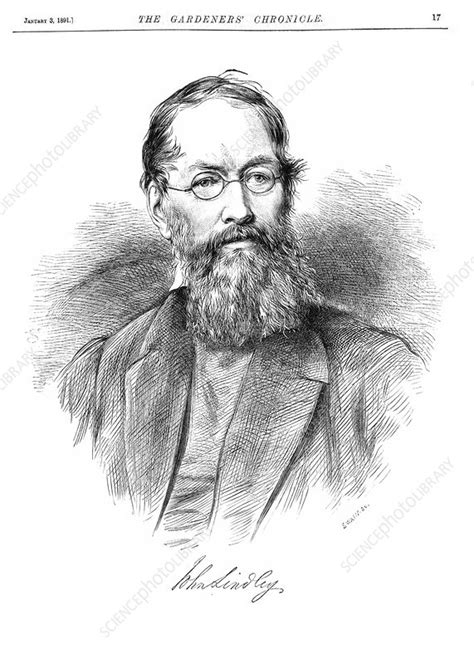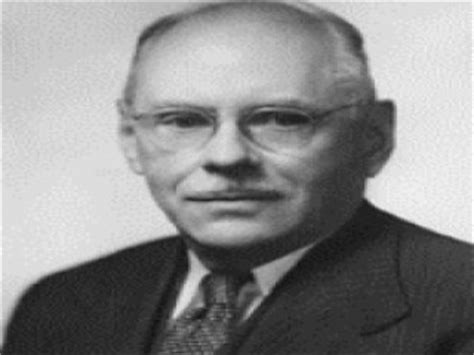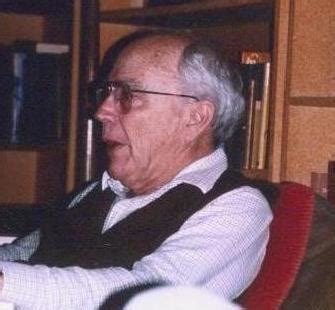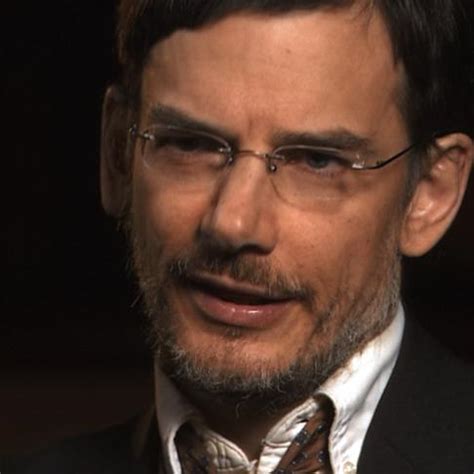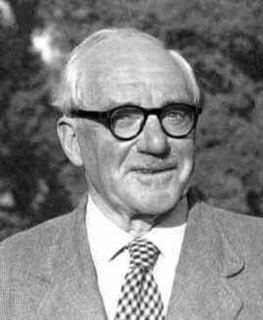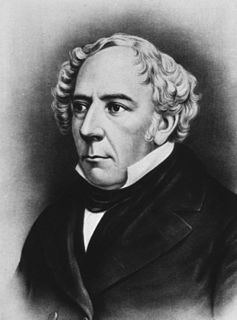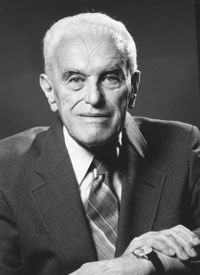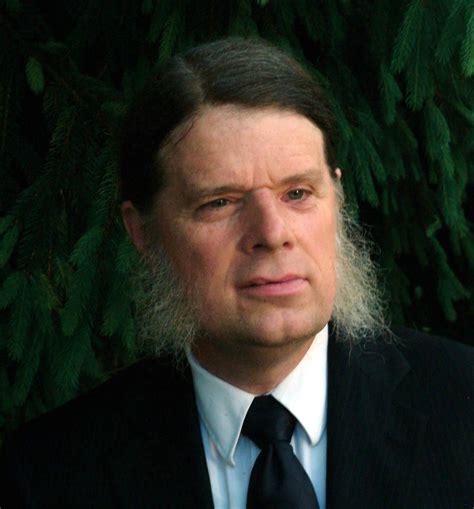Top 1200 Probability Theory Quotes & Sayings
Explore popular Probability Theory quotes.
Last updated on April 14, 2025.
Catastrophe Theory is-quite likely-the first coherent attempt (since Aristotelian logic) to give a theory on analogy. When narrow-minded scientists object to Catastrophe Theory that it gives no more than analogies, or metaphors, they do not realise that they are stating the proper aim of Catastrophe Theory, which is to classify all possible types of analogous situations.
If the theory accurately predicts what they [scientists] see, it confirms that it's a good theory. If they see something that the theory didn't lead them to believe, that's what Thomas Kuhn calls an anomaly. The anomaly requires a revised theory - and you just keep going through the cycle, making a better theory.
It is easy to obtain confirmations, or verifications, for nearly every theory-if we look for confirmations. Confirmations should count only if they are the result of risky predictions... A theory which is not refutable by any conceivable event is non-scientific. Irrefutability is not a virtue of a theory (as people often think) but a vice. Every genuine test of a theory is an attempt to falsify it, or refute it.
Projects are usually undertaken to either solve a problem or take advantage of an opportunity. The probability that the project - even if precisely executed - will complete on time, on budget, and on performance is typically small. Project management is utilized to increase this probability. So in a sense, project management is risk management.
The source of Pyrrhonism comes from failing to distinguish between a demonstration, a proof and a probability. A demonstration supposes that the contradictory idea is impossible; a proof of fact is where all the reasons lead to belief, without there being any pretext for doubt; a probability is where the reasons for belief are stronger than those for doubting.
Moral theory develops from the divine command theory of medieval Christian philosophy, mixed up with a bit of ancient pagan virtue theory, to the purely secular moral sentiment and interpersonal reaction theories of Smith and Hume, to Kant's attempt to restore command theory but with something supersensible in the individual rather than God as the source of authority.
Creationists reject Darwin's theory of evolution on the grounds that it is "just a theory". This is a valid criticism: evolution is indeed merely "a theory", albeit one with ten billion times more credence than the theory of creationism - although, to be fair, the theory of creationism is more than just a theory. It's also a fairy story. And children love fairy stories, which is presumably why so many creationists are keen to have their whimsical gibberish taught in schools.
According to theism, if a universe is to have any probability of existing, this probability is dependent upon God's beliefs, desires and creative acts. But the Hartle-Hawking probability is not dependent on any supernatural considerations; Hartle and Hawking do not sum over anything supernatural in their path integral derivation of the probability amplitude.
The more evolutionary theory gets called an atheistic theory, the greater the risk that it will lose its place in public school biology courses in the United States. If the theory is thought of in this way, one should not be surprised if a judge at some point decides that teaching evolutionary theory violates the Constitutional principle of neutrality with respect to religion.
The incomplete knowledge of a system must be an essential part of every formulation in quantum theory. Quantum theoretical laws must be of a statistical kind. To give an example: we know that the radium atom emits alpha-radiation. Quantum theory can give us an indication of the probability that the alpha-particle will leave the nucleus in unit time, but it cannot predict at what precise point in time the emission will occur, for this is uncertain in principle.
We come finally, however, to the relation of the ideal theory to real world, or "real" probability. If he is consistent a man of the mathematical school washes his hands of applications. To someone who wants them he would say that the ideal system runs parallel to the usual theory: "If this is what you want, try it: it is not my business to justify application of the system; that can only be done by philosophizing; I am a mathematician". In practice he is apt to say: "try this; if it works that will justify it".
The risk of an investment is described by both the probability and the potential amount of loss. The risk of an investment-the probability of an adverse outcome-is partly inherent in its very nature. A dollar spent on biotechnology research is a riskier investment than a dollar used to purchase utility equipment. The former has both a greater probability of loss and a greater percentage of the investment at stake.
General relativity is in the old Newtonian framework where you predict what will happen, not the probability of what will happen. And putting together the probabilities of quantum mechanics with the certainty of general relativity, that's been the big challenge and that's why we have been excited about string theory, as it's one of the only approaches that can put it together.
I had two passions when I was a child. First was to learn about Einstein's theory and help to complete his dream of a unified theory of everything. That's my day job. I work in something called string theory. I'm one of the founders of the subject. We hope to complete Einstein's dream of a theory of everything.
I am convinced that it is impossible to expound the methods of induction in a sound manner, without resting them upon the theory of probability. Perfect knowledge alone can give certainty, and in nature perfect knowledge would be infinite knowledge, which is clearly beyond our capacities. We have, therefore, to content ourselves with partial knowledge - knowledge mingled with ignorance, producing doubt.


